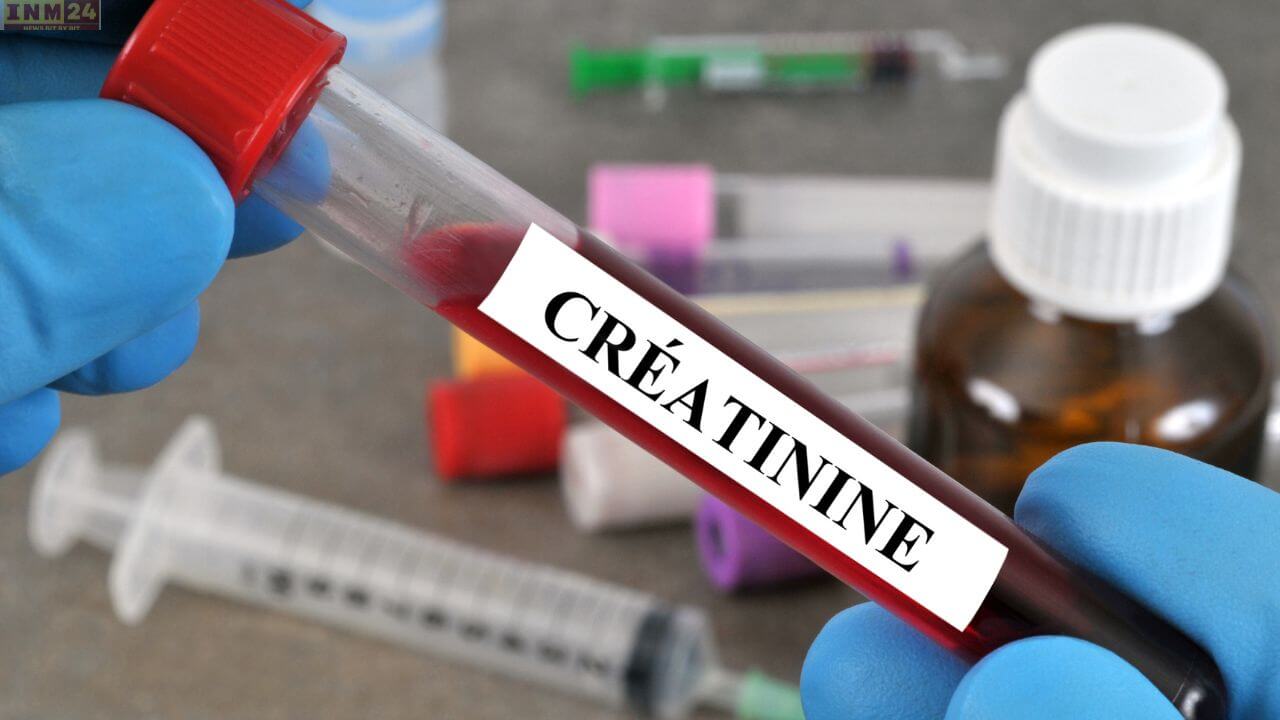In today’s fast-paced world, where lifestyle changes are rampant, we often find ourselves vulnerable to various diseases. However, our bodies are equipped with organs that act as guardians against these illnesses. One such crucial organ is the kidney. The health of our kidneys is paramount for overall well-being. Understanding the dynamics of creatinine levels is essential for maintaining kidney health.
The Significance of Kidney Health
The kidneys play a vital role in our body by filtering out harmful substances. They continuously filter blood, ensuring its purity round the clock. However, if the kidneys fail to function correctly, one might require dialysis to cleanse the blood. Dialysis involves using a machine to perform the blood-cleansing process.
While the need for dialysis arises when kidney failure occurs, early symptoms can often provide cues about the deteriorating kidney function. Diagnostic tests, such as the serum creatinine test, help assess kidney health by measuring creatinine levels in the blood.
Understanding Creatinine
Creatinine is a waste product generated by muscle metabolism. It acts as a proxy for kidney function, as the kidneys filter it out of the bloodstream. However, if kidney function declines, creatinine levels start to accumulate in the body.
Various factors can lead to an increase in creatinine levels, such as excessive muscle breakdown. Typically, a normal range for creatinine levels falls between 0.9 to 1.2 milligrams per deciliter of blood. Elevated creatinine levels may indicate reduced kidney function. Therefore, it’s crucial for individuals with creatinine levels exceeding 1.2 to seek medical advice from a kidney specialist.
Understanding creatinine levels is pivotal for assessing kidney health. As kidneys play a crucial role in maintaining overall well-being, monitoring creatinine levels can help detect early signs of kidney dysfunction. By being proactive and seeking timely medical attention, individuals can mitigate the risks associated with elevated creatinine levels and safeguard their kidney health for the long term.
